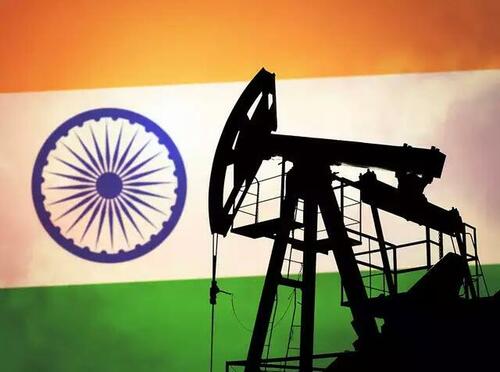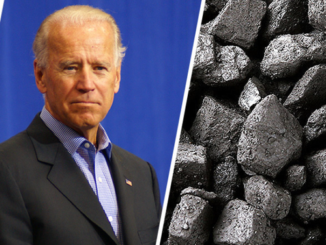
Since the start of the Russia-Ukraine war in February 2022, energy trade (especially oil) between Russia and India has increased unexpectedly. Before the beginning of the war, India’s share of Russian oil imports was only one percent of its total oil imports. But in one year, the share of Russian oil in India’s total imports increased to 35 percent, making India the third largest buyer of Russian crude oil after China and the USA.
By the end of April 2023, India became the largest energy supplier to European countries. India’s rise to such position coincides with cheap Russian energy supply and the efficient role of oil refineries such as Indian Oil Corporation (IOC), Bharat Petroleum Corporations Limited (BPCL) and Nayara energy. Exporting refined oil to Europe, for instance, at a greater volume than even Saudi Arabia. The three contributing factors to this phenomenon include the Russia-Ukraine war and excess and cheap supply of Russian oil to India, EU sanctions and price caps on imports of Russian oil, and efficient Indian refining companies.
Since the early days of the war, India’s oil import from Russia at a comparatively cheap price has increased by 1,350%. The unexpected increase in the Russian energy supply to India helped both countries. For Russia, it helped continue the war against Ukraine and India while saving substantial foreign reserves. The surplus Russian energy supply enabled India to export energy to the resource-hungry European country, which was facing an energy crisis after the start of the war.
Within a year, India’s oil imports from Russia increased from 30.85 lakh tonnes to 55.9 million tonnes. After the sanctions and price caps were imposed, India exported the maximum amount of imported Russian oil to Europe. India is simply refining Russian oil and exporting refined oil to the European market. After buying cheap Russian oil, those countries refine and sell it to Europe and are called ‘Laundromats’. However, India has been criticized for exporting clean oil to the EU by cleaning the filth of Russia.
The third factor is India’s oil refining industry, which is considered the world’s largest oil refining industry and can refine more than its energy demand. India’s oil reserve capacity is minimal and can not be reserved for over a month. In such a situation- where Indian refining companies are receiving cheap energy supply, which reduces refining costs- the role of Indian refining companies in increasing the export of petroleum products using the excess supply is commendable and beneficial for the Indian economy. Surprisingly, India has left behind Saudi Arabia in the clean oil export to the EU. For the EU, the import of Russian oil through Indian refinineries is a double-edged sword. On the one hand, the EU requires alternative source of oil and one the other hand it struggles for the ben on the supply of Russian energy. However, the energy (oil) trade between the EU and India is legal under EU sanction but also criticised by EU’s chief diplomat Josep Borell and demanded on May 2023 to crack down on India reselling Russian oil into Europe.
India has saved 35 thousand crore rupees in one year by buying cheap oil from Russia. On the other hand, it has also successfully built its position as a major supplier of petroleum products. No doubt, India has benefitted from its refining industry, it is hard to expect that India will remian a larger energy supplier to the EU after the end of the War as it seems to have a short-term capability. After the end of the war, India may loose the price discount over the Russian imported energy that could reduce India’s energy exporting status to the EU. Still, it has also tarnished India’s status to some extent. India has been blamed for supporting Russia by importing cheap Russian oil, indirectly helping Russia to reduce impact of the sanction. Nayara energy which is owned by Rosneft (a Russian oil company) has beneffited immensely from Russia’s cheap energy supply to India. Moreover, the energy trade in Ruble and Rupees also helped Russian currency to recover from sanctions.
In this changed geopolitical situation where the EU badly needs energy supply, India seems playing a significant role in global and European energy market by supplying energy. Hence, ongoing Russia-Ukraine war, cheap Russian oil supply and geopolitical advantage have made India a temporary largest energy supplier to the EU.
Pramod Kumar is a PhD Research Scholar at ‘Centre for Russian and Central Asian Studies (CRCAS)’, School of International Studies (SIS), Jawaharlal Nehru University, New Delhi. He post graduated in Political Science with International Relations from Department of International Relations, Jadavpur University, Kolkata. The views and opinions expressed in this article are those of the author. – Source: https://thegeopolitics.com/india-as-an-emerging-energy-supplier-to-the-eu-major-factors/
ENB Top News
ENB
Energy Dashboard
ENB Podcast
ENB Substack



